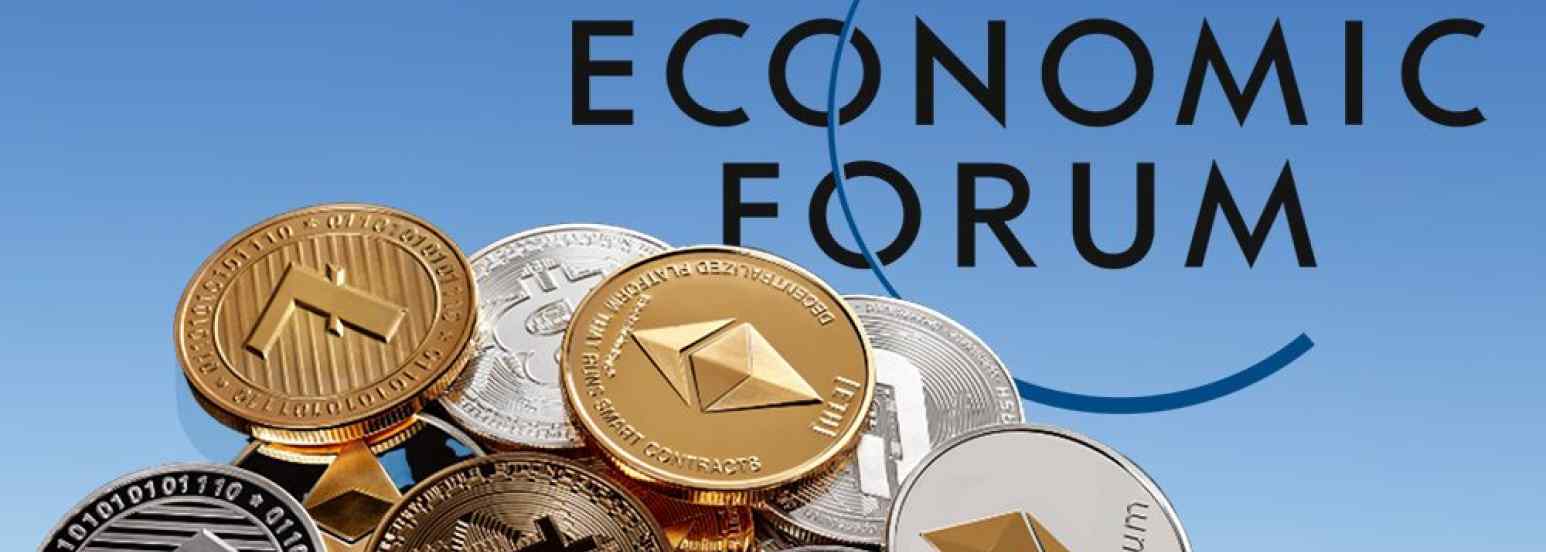
It is important to note that the information presented in this blog post presents a very specific and controversial view, that some of the information may not be verifiable and some of the claims may not be accurate. It is important to keep in mind that it's important to be critical of any information and to seek out multiple sources to form your own understanding.
Regulation of Digital Currency
Recently, there has been increasing talk about the possibility of cryptocurrency being suspended. The excuse given is that Russia may use it to circumvent sanctions, and President Biden has recently announced plans to sign an Executive Order to regulate digital currencies. This move is not only an authorization of the regulation of digital currencies but also an instruction to move forward with a central bank cryptocurrency. This development raises concerns that once the government has its own cryptocurrency, all other cryptocurrencies will be seized and folded into the government's crypto, effectively eliminating competition. Historically, money has been a privilege of kings and tyrants, and some are concerned that this move could signify a return to this type of control over money.
Rising Tensions between the West and Russia
This move is also happening in the context of rising tensions between the West and Russia. President Biden is proposing to ban all Russian energy sales to the West, which will likely lead to a sharp rise in prices. He is blaming Putin for this, claiming it is the "price of freedom" for Ukraine, but some argue that this is just a way for governments to avoid taking responsibility for the collapse in the supply chain caused by COVID and the shutting down of fossil fuels for climate change.
The Great Reset
Furthermore, there are concerns that this move is part of a larger agenda, known as The Great Reset, which aims to fundamentally change the global economic and political order. Some have argued that this war is being deliberately orchestrated as a way to federalize Europe, default on national debts that can no longer be serviced, and end fossil fuels for the Climate Change zealots. Some have even raised the possibility of a false flag cyberattack or worse being carried out and blamed on Russia, in order to justify these actions.
The Economic and Social Impact
The situation is dire, as these sanctions and private aggression toward anything connected to Russia will drastically implode the world economy. Russian private citizens who own gas stations are being targeted and NJ Governor wants to shut down Lukoil gas stations. This is no different from the discrimination against blacks or the Jews. But it is now all perfectly OK – obedience to authority!
The Forecast for the Future
The forecast is that the US and Europe will become isolated, and the world is being torn in half. This is what some computer forecasts have been predicting for post-2032. This forecast was made back in 1985, which predicted commodity shortages, rise in civil unrest, the disease cycle, and war cycles were all coming together. It also warned that post-2032, China would emerge as the new Financial Capital of the World.
Conclusion
It is important to consider the potential impact of regulatory changes on cryptocurrency and the role of governments in shaping the future of digital currencies. Additionally, the rising tensions between the West and Russia and the potential for a "Great Reset" of the global economic and political order are also important to consider in understanding the current political climate.
The World Economic Forum's (WEF) Great Reset agenda could "spectacularly fail" if cryptocurrency markets are not reigned in through government regulatory frameworks, warns Nigel Green, CEO and founder of the deVere Group. The WEF's 2023 annual meetup, taking place this week in Davos, Switzerland, is a four-day event that brings together global leaders and heads of industry to discuss the future of the economy, technology, and society. The conference is known for its high-profile attendees, including CEOs, politicians, academics, and other influential figures. Some of the topics that are typically discussed at the conference include economic growth and development, innovation and technology, environmental sustainability, and social and political issues. The conference is also an opportunity for attendees to network and make connections with other leaders in their field. The event is held in the town of Davos, which is located in the Swiss Alps, and typically takes place in January.


